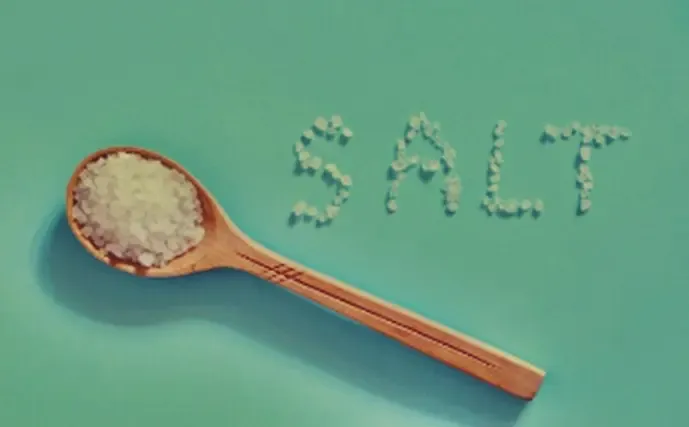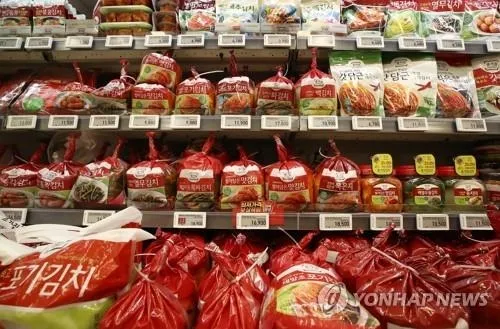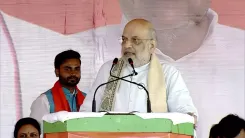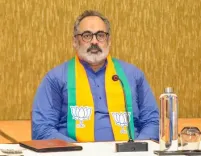Is Reducing Salt Intake the Most Cost-effective Health Strategy?

Synopsis
Key Takeaways
- Lowering salt intake is a cost-effective health strategy.
- India’s average salt consumption is nearly 11 grams per day.
- Excessive salt intake is linked to non-communicable diseases.
- Physician-led initiatives are essential for salt reduction.
- Reformulating food products can aid in reducing overall salt intake.
New Delhi, April 28 (NationPress) Experts assert that lowering salt consumption represents one of the most economically viable methods to enhance health, as salt intake in India surpasses safe limits, significantly contributing to the rising incidence of non-communicable diseases.
Healthcare professionals and public health advocates urged for more robust physician-led initiatives, reformulating packaged foods, and educating consumers to combat India's escalating salt crisis at The Salt Fight 2025: Say NO to Na workshop, organized by the Delhi Medical Association (DMA) alongside other organizations.
Addressing modifiable risk factors, such as excessive salt consumption, is essential for reversing the country's burden of non-communicable diseases, which accounts for nearly 65 percent of all fatalities, stated Dr. Vinod Kumar Paul, a member of NITI Aayog, during the event held in the national capital.
"Reducing salt intake may appear straightforward, but it stands as one of the most cost-effective strategies at our disposal. It is insufficient to merely recognize the risks; we must prioritize effective solutions. Urgent scaling of practical campaigns and evidence-based approaches is necessary," he noted.
Furthermore, referencing global studies, Paul emphasized that a 30 percent reduction in salt intake could lead to a decrease in hypertension prevalence by at least 25 percent, potentially preventing non-communicable diseases such as heart attacks, strokes, and kidney ailments.
Health statistics indicate that India’s average salt intake is close to 11 grams per day, significantly exceeding the WHO recommended limit of 5 grams. Excess salt is often consumed unknowingly through processed foods, restaurant meals, and packaged snacks.
Dr. Girish Tyagi, President of the Delhi Medical Association, emphasized that physicians play a crucial role in integrating salt reduction into standard clinical practice.
"Salt reduction should not be a mere footnote in patient consultations. It needs to be a focal point of our health recommendations, promoting low-sodium alternatives and raising awareness about hidden salt sources," he stated.
Dr. Atul Goel, Director General of Health Services in New Delhi, connected excessive salt intake to broader challenges in contemporary lifestyles.
"Processed foods, refined oils, and high salt levels are gradually harming us. Even medications and injectable products may contain sodium. Reducing salt by just 2 grams a day could safeguard millions," he remarked.
The experts also deliberated on the significance of reformulating food industry practices, implementing mandatory front-of-pack salt labeling, taxing high-salt foods, and promoting low-salt recipes that maintain flavor.
They called upon physicians, policymakers, and the food industry to collaborate in fostering a low-salt culture across India to mitigate the rise of preventable diseases.








